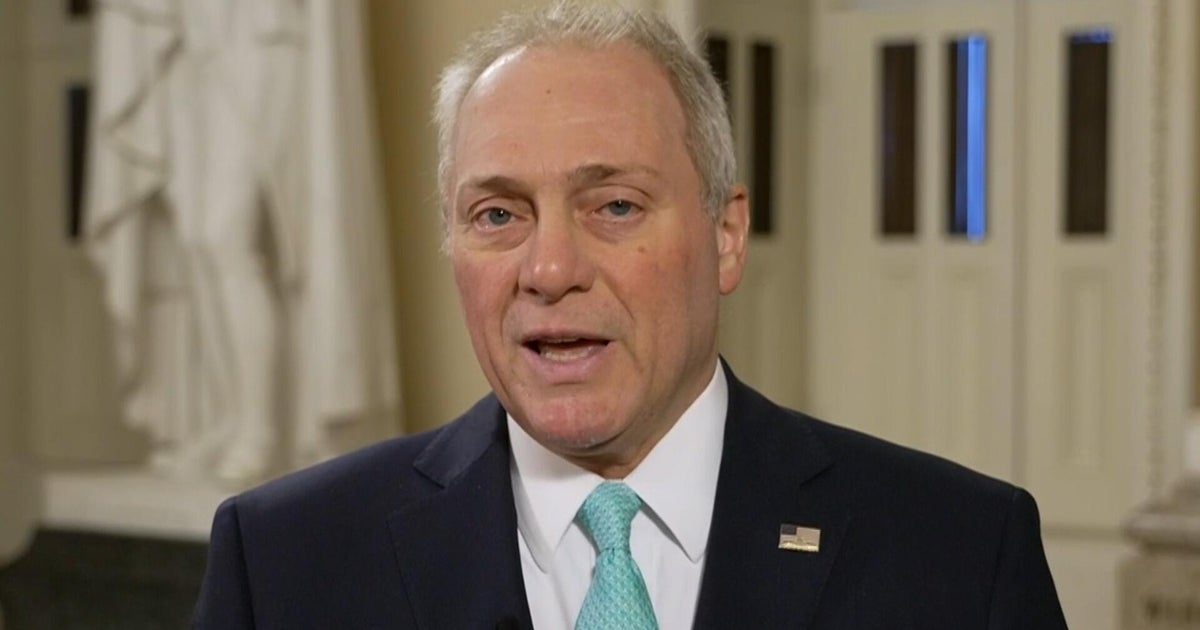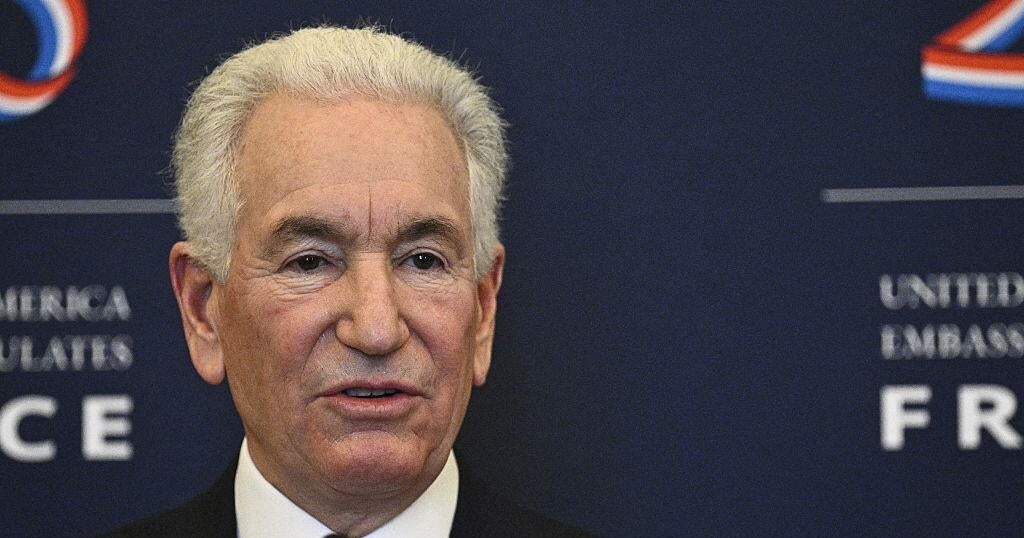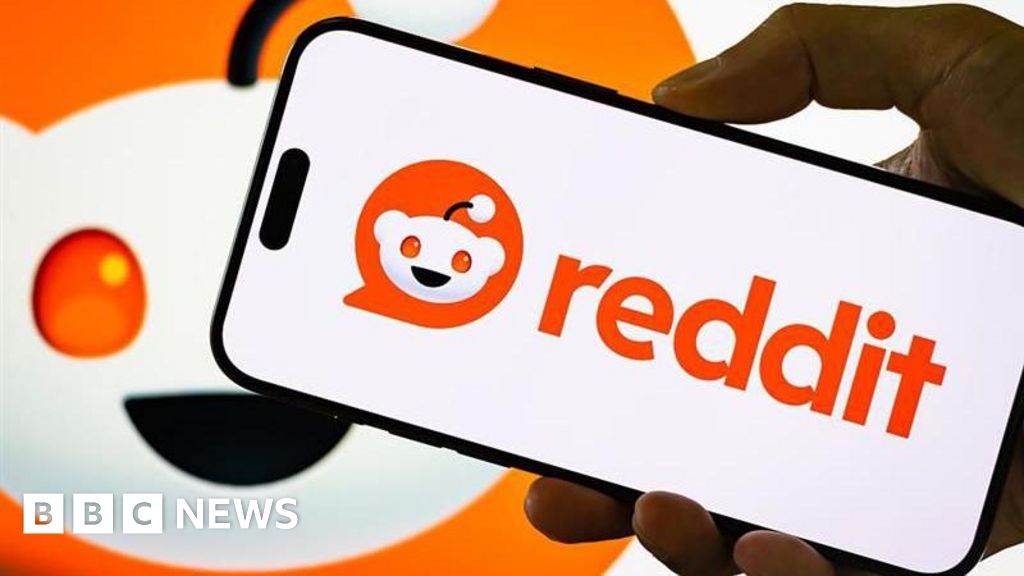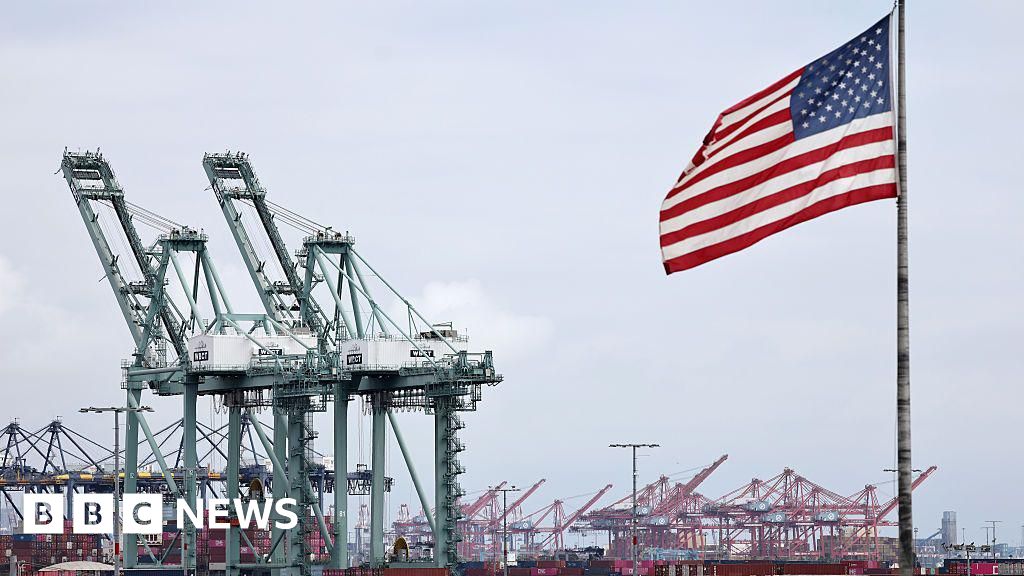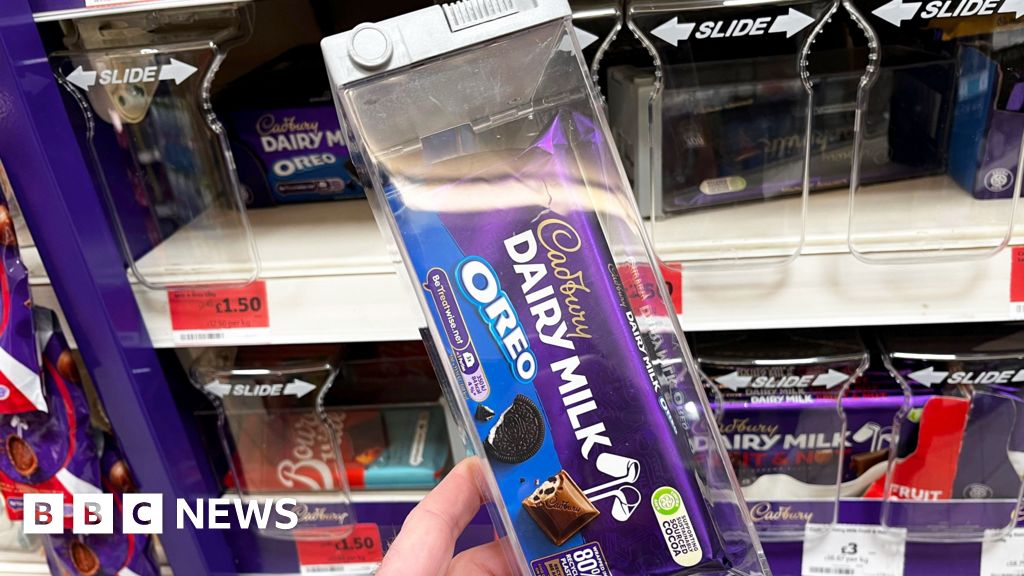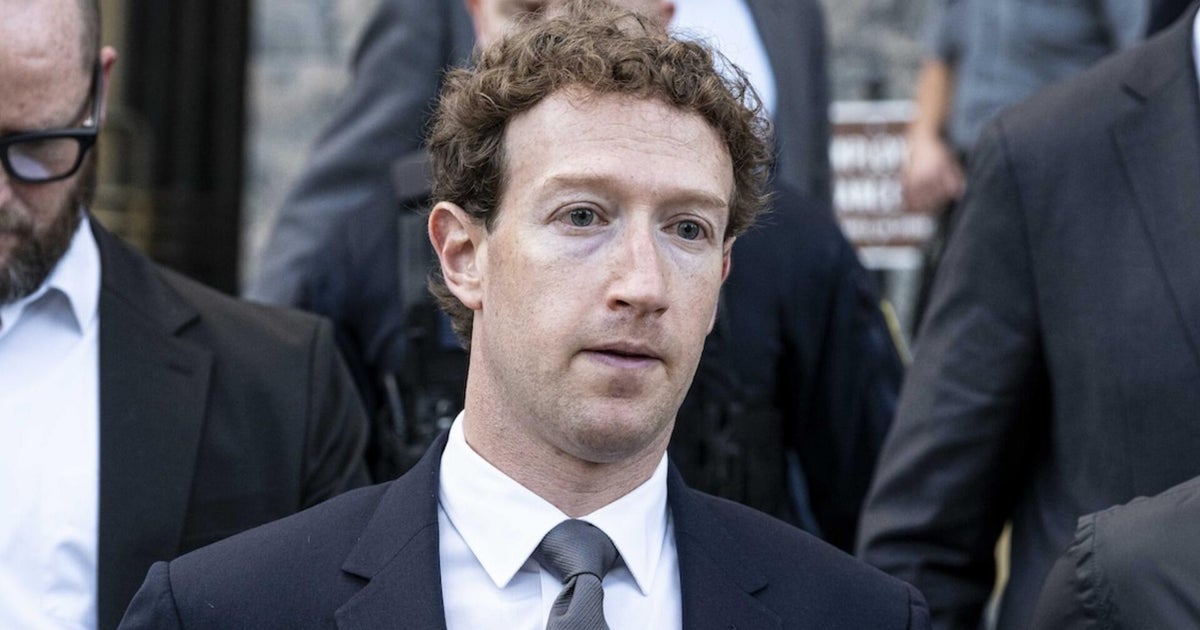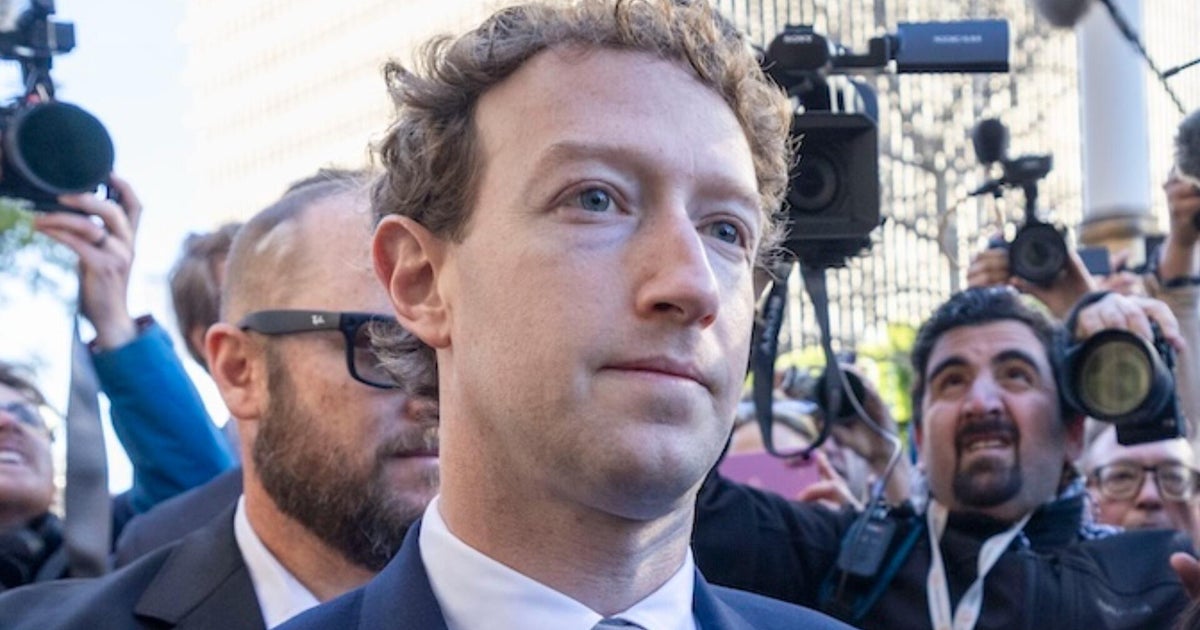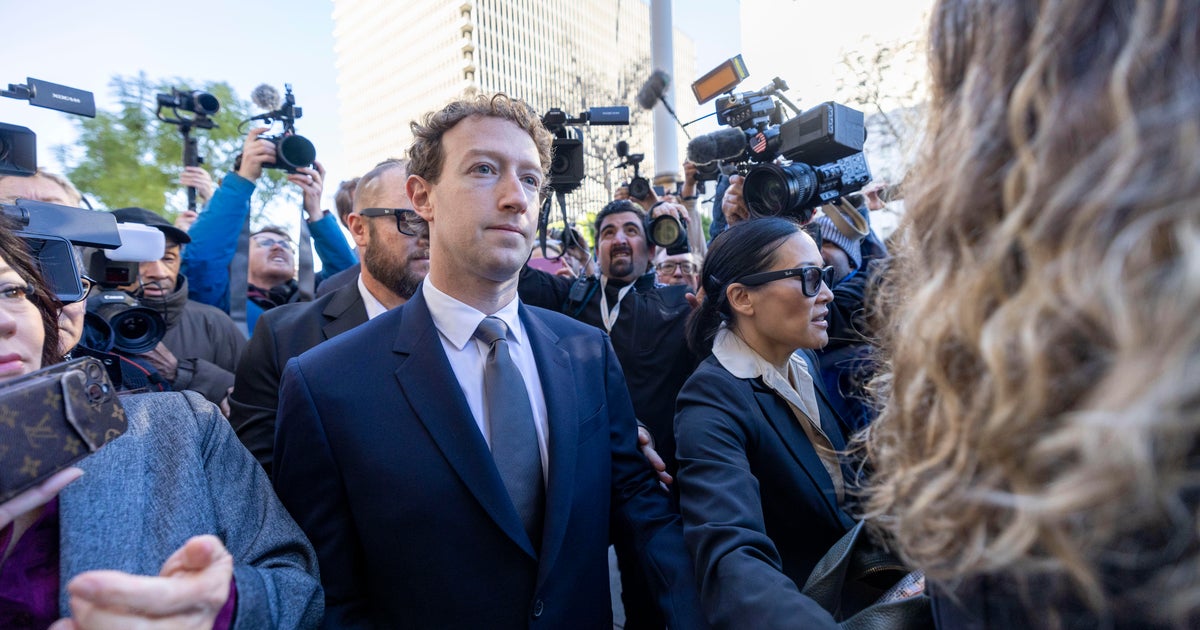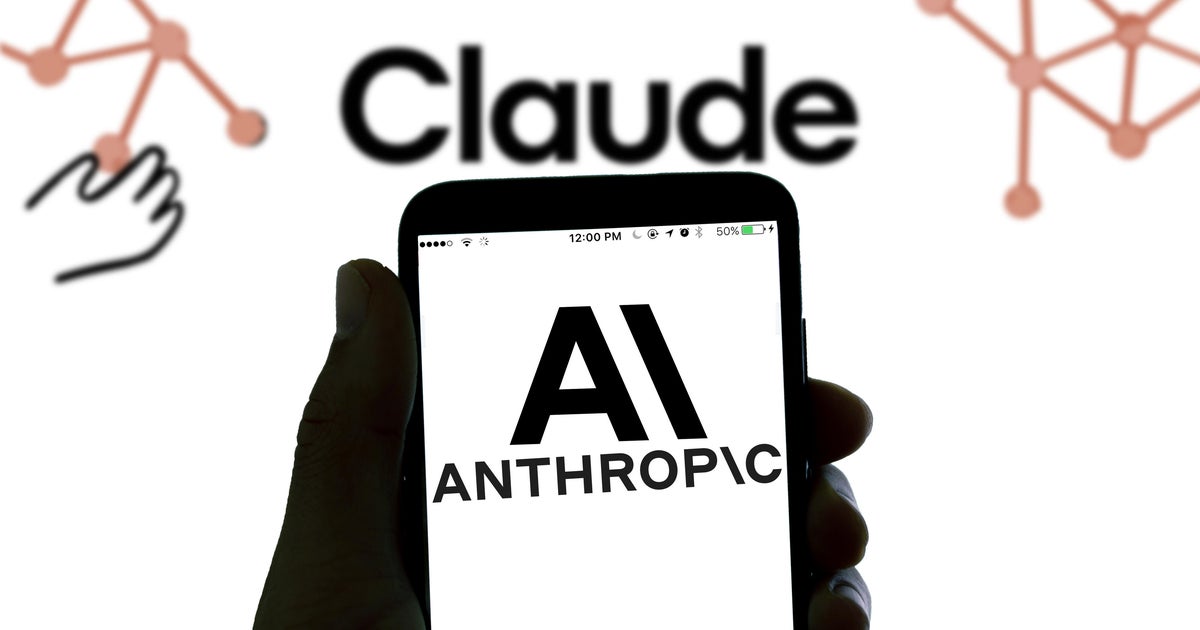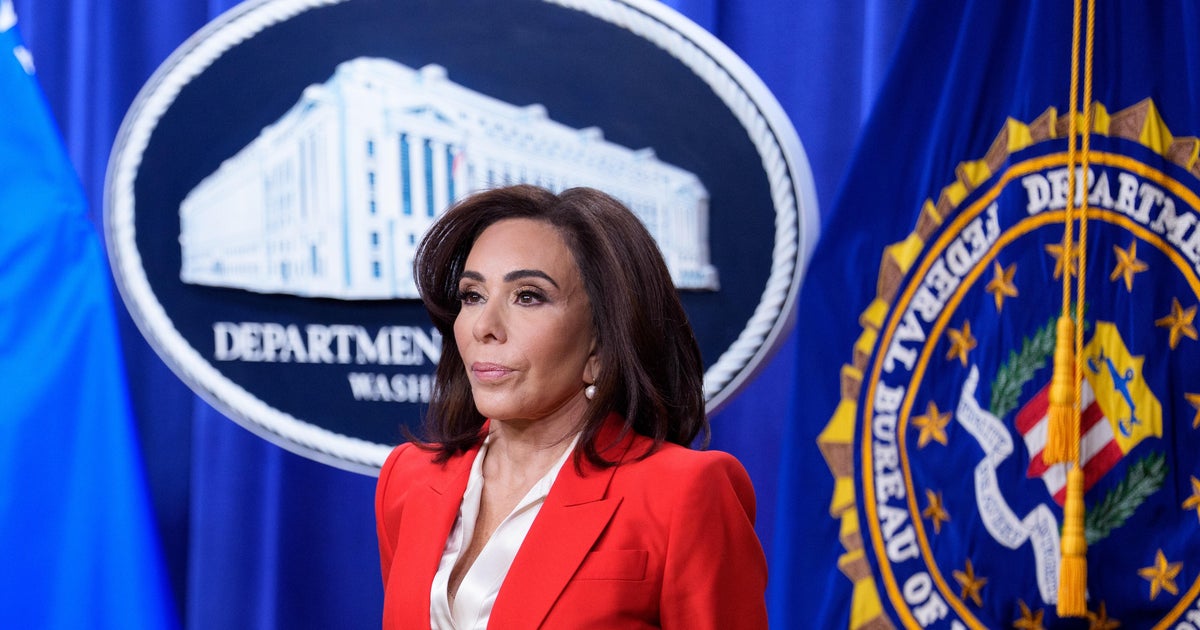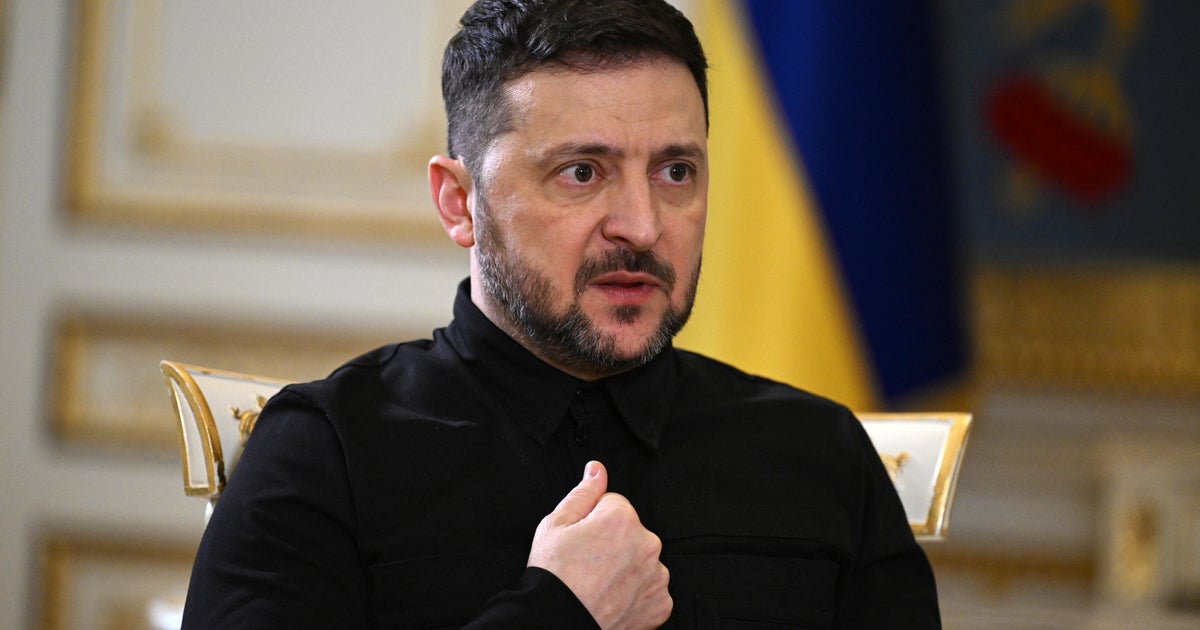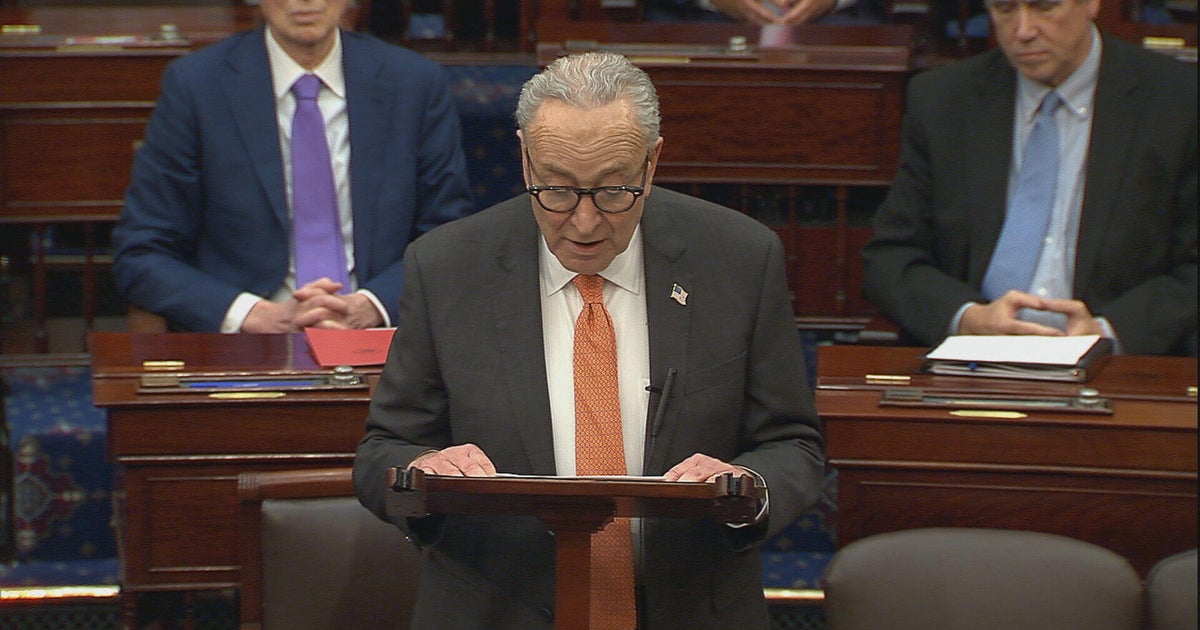Why Is Trump Slapping India with 50% Tariffs While EU Gets a Pass on Russian Oil?
Trump targets India with 50% import tariffs over Russian oil purchases while exempting EU buyers—India calls it hypocritical and defends national interest.
President Trump recently announced he would impose a steep 50 percent tariff on goods imported from India, citing New Delhi's continued purchase of Russian oil and military equipment. While India was singled out, the EU and U.S. continue to import billions of dollars in Russian energy supplies—raising charges of inconsistency. India’s Ministry of External Affairs responded, arguing that these purchases are market-driven and necessary to meet the energy demands of 1.4 billion citizens. Officials emphasized that India adhered to international price caps and global protocols. Critics across Indian politics and the general public denounced Trump’s move as coercive and discriminatory. Observers warn that escalating tariffs could erode decades of strategic and economic partnership between the two nations.
Is Trump Picking on India Over Russia Oil Alone?
Donald Trump sharply criticized India, claiming it fuels the Russian “war machine” by buying crude and selling it at profit, warning he’d raise U.S. tariffs “very substantially” over the next 24 hours. Trump asserted India was singled out despite similar practices by the EU and the U.S. itself.
How Did Tariffs Reach a Total of 50 Percent on India?
Trump first imposed a 25% tariff on Indian imports. Then, via executive order, he added a further 25%, taking effect within three weeks. The justification: India’s oil trade with Russia and its high tariffs on U.S. goods.
Why Is India Being Targeted, But EU Is Not?
Critics question why India faces maximum tariffs while the European Union—importing more from Russia in 2024 than India—faces no penalty extensions.
India Rejects Charges, Points to Western Double Standards
New Delhi called the tariff “unjustified,” stressing that its imports follow price caps and supply its national needs. India contends that Western nations enabled crude inflows in early 2022 when Europe and the U.S. themselves favored Russian procurement to stabilize global energy markets. India highlighted EU's 2024 trade with Russia exceeded €67.5 billion.
Are U.S. and EU Still Importing Russian Commodities?
Despite the rhetoric, both the U.S. and EU continue importing Russian energy, including uranium, LNG, fertilizers, and precious metals. India argues its own trade choice is consistent with global energy strategies and fair pricing.
What Are the Domestic Reactions in India?
Indian opposition leaders, including Rahul Gandhi, described Trump’s tariff policy as "economic blackmail" and coercive diplomacy. The ruling party echoed the sentiment, supporting unity against perceived external pressure.
Are India–U.S. Trade Relations at Risk?
Analysts warn the tariffs risk derailing talks on technology, semiconductors, and broader trade frameworks. India flagged that it lacks leverage to counter U.S. demands and any escalation would affect multiple sectors.
Credentials of India’s Oil Sourcing Rationale
India’s purchase strategy is guided by affordability and energy security. Unless global supplies worsen, sources suggest India will continue limited Russian volumes—transparently and under international regulations.
Will Other Countries Be Penalized for Buying Russian Oil?
Trump hinted China may also be targeted for its Russian oil purchases, though currently only India faces the 50% tariff package. Others—like Brazil and Pakistan—face lower rates or exemptions.
What’s the Bigger Strategy Behind This Tariff Surge?
This move appears aligned with Trump’s broader push to enforce reciprocal tariffs on countries deemed "dead economies" or facilitating sanctions evasion. India, with its longstanding ties to both Russia and the U.S., is caught in the middle.
Disclaimer
This article is based entirely on factual reporting from Reuters, Hindustan Times, Al Jazeera, and NDTV regarding President Trump’s tariff announcements and India’s diplomatic response. It contains no speculative content. Myhospy.com is not responsible for policy or trade decisions made based on this article.
What's Your Reaction?
 Like
0
Like
0
 Dislike
0
Dislike
0
 Love
0
Love
0
 Funny
0
Funny
0
 Angry
0
Angry
0
 Sad
0
Sad
0
 Wow
0
Wow
0






